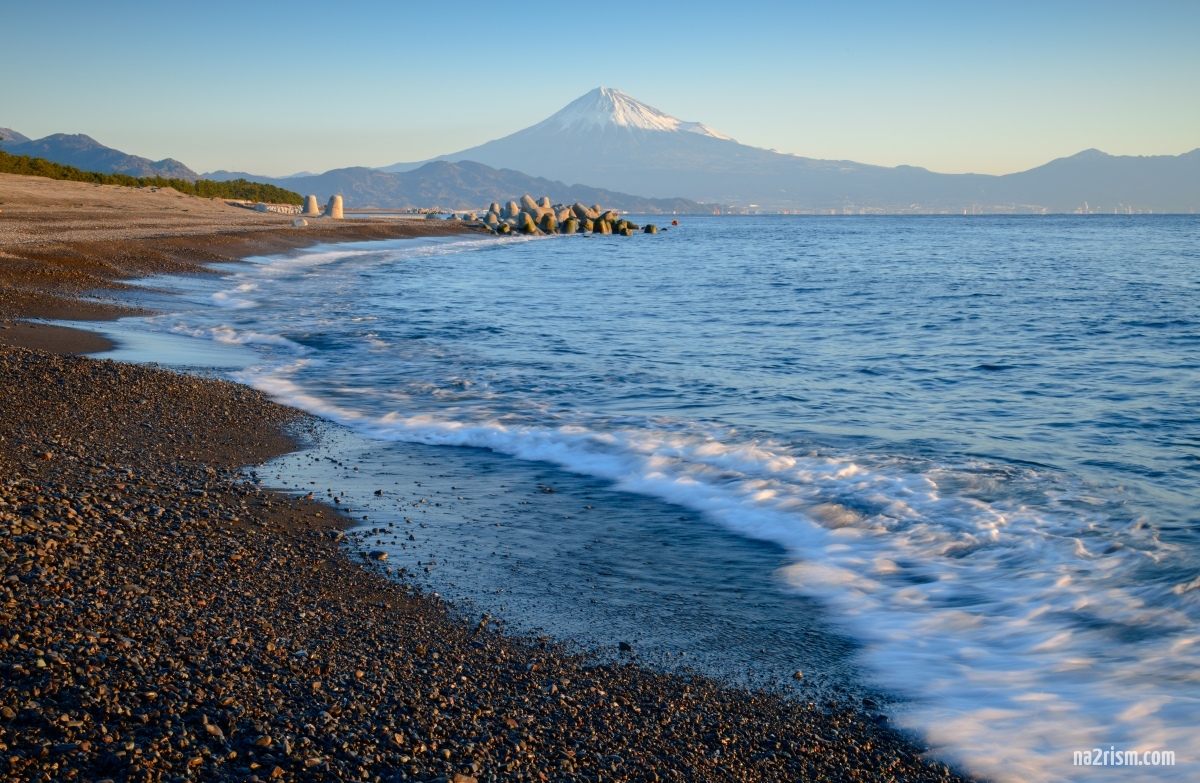Naturism, or nudism, is a lifestyle that promotes social nudity in non-sexual contexts. While naturism is not a new phenomenon, it is often associated with European countries and their cultures. However, in recent years, naturism has been gaining popularity in Japan.
Naturism is not a new concept in Japan. The practice of going naked in public, known as hadaka matsuri, has been a part of Japanese culture for centuries. Hadaka matsuri, which translates to “naked festival,” involves men wearing loincloths or fundoshi and parading through the streets or temples, sometimes carrying a portable shrine. The tradition is meant to symbolize purity and ward off evil spirits.
However, modern naturism in Japan has evolved beyond this traditional practice. In the 1950s and 60s, Japan experienced an economic boom that allowed for greater leisure time and disposable income. This led to the rise of outdoor activities such as camping and hiking, which in turn sparked an interest in naturism. The first official naturist organization in Japan, the Japan Naturist Association (JNA), was established in 1953.
The JNA promoted naturism as a way to connect with nature and to promote a healthy lifestyle. They organized events such as naked hikes and camping trips, as well as indoor gatherings such as art exhibitions and film screenings. However, the JNA faced opposition from conservative groups and the Japanese government, which saw naturism as a threat to public morals.
Despite these challenges, naturism continued to grow in Japan. In the 1980s, a new generation of naturists emerged who were more interested in the social aspects of naturism than the philosophical ones. They formed their own groups and organized events such as naked parties and beach outings.
Today, there are numerous naturist organizations in Japan, catering to a wide range of interests and age groups. The Tokyo Naturist Club, for example, focuses on urban naturism, organizing events such as naked yoga classes and art exhibitions. The Japan Outdoor Club is geared towards nature lovers, organizing naked hikes and camping trips. There are also organizations specifically for families with children, such as the Naturist Family Association.
One of the challenges facing naturism in Japan is the legal status of social nudity. While public nudity is technically illegal in Japan, the law is not strictly enforced. However, many naturist organizations prefer to rent private venues for their events to avoid any potential legal issues. Another challenge is the cultural taboo surrounding nudity in Japan. While nudity is more accepted in certain contexts, such as public baths, it is still considered taboo in many social situations.
Despite these challenges, naturism continues to grow in Japan. Advocates of the lifestyle see it as a way to break down barriers and connect with others on a deeper level. As one naturist put it, “When we’re naked, we’re all the same. We’re not defined by our clothes or our social status. It’s a very liberating feeling.”
Naturism in Japan may still be a relatively niche movement, but it is one that is gaining momentum. As more people discover the joys of social nudity, it is possible that naturism could become more mainstream in Japan and beyond.

